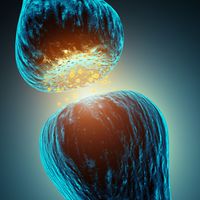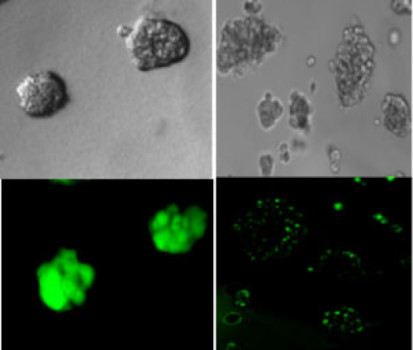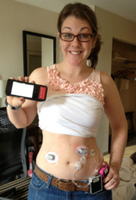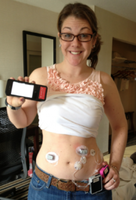
Dopamine Sensitive ELISA
For
the quantitative and very sensitive determination of dopamine in
biological samples including serum, plasma, tissue, and cell culture
samples. Also appropriate for mouse/rat samples. Sample sizes as small
as 20µl with detection limits to 5.9 pg/mL.
Noradrenaline Sensitive ELISA
For
the quantitative and very sensitive determination of noradrenaline in
biological samples including serum, plasma, tissue, and cell culture
samples or even mouse/rat samples. Sample sizes as small as 20µl with
detection limits to 1.0 pg/mL.
Adrenaline Sensitive ELISA
For
the quantitative and very sensitive determination of adrenaline in
biological samples including serum, plasma, tissue, and cell culture
samples and even rodent samples. Sample sizes as small as 20µl with
detection limits to 1.6 pg/mL.
Serotonin Sensitive ELISA
The Serotonin Ultrasensitive ELISA Assay Kit
provides materials for the quantitative measurement of serotonin in low
concentrated samples, for small sample volumes or for many different
species samples.
These
catecholamine kits have been successfully utilized in many different
species and sample types. Please contact Eagle Biosciences at info@eaglebio.com or 617-419-2019 for details.
Other Catecholamine Assay kits from Eagle Biosciences:
- VMA ELISA
- HVA ELISA
- Adrenaline ELISA
- Dopamine ELISA
- Noradrenaline ELISA








